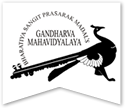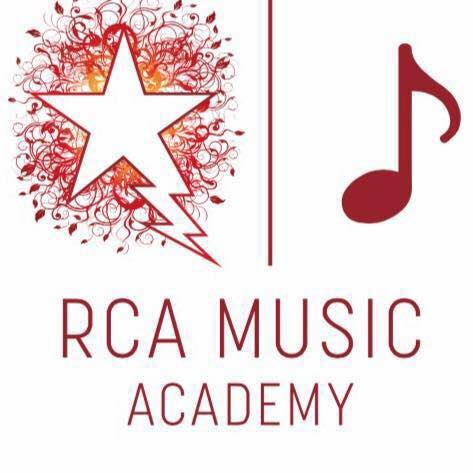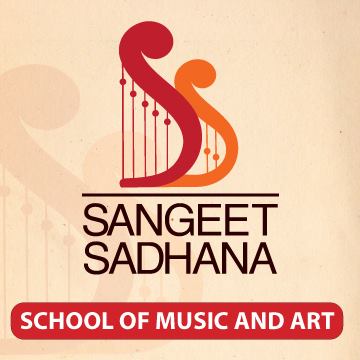Indian classical music is one of the oldest as well as complicated music forms in the world which is considered to be originated during the Vedic period.

Indian classical music is one of the oldest as well as complicated music forms in the world which is considered to be originated during the Vedic period. Indian classical music is regarded as pure and was primarily used as a mode to realise God in olden times and hence was performed only in the temples.
Around 17th century, music became more open, flexible and accessible to common people. Indian classical music is deeply rooted in Indian culture and tradition and each place has great impact on music.
There are two branches to the traditional Indian classical music; they are Carnatic and Hindustani music. The Carnatic music is complex and is mostly practiced in the Southern part of India with particular form of Ragas and Talas. Carnatic music basically contains 7 Ragas and 72 Talas and is used in a rhythmic pattern. The three saints in Carnatic music are Thyagaraja, Muthuswami Dikshitar and Shyama Shashtri who have composed thousands of Krithis which are still favoured by musicians. Here more emphasis is given to vocal singer, hence the training in this form of music is started from a very early age and a well qualified master is also needed for teaching Carnatic music. These compositions are also taught in all Carnatic singing classes in Pune to train the students who want to excel in this style of music.
Hindustani music unlike Caranatic music is greatly influenced by Persian and Islamic cultures and is more prominent in North India. The heritage of Hindustani music goes back to Sufi age. The melodic pattern is brought in to the music with intelligent use of Ragas known as Aaroha and Avaroha. The main styles of vocal Hindustani classical music are Dhrupad, Khayal and Tarana. At Gandharva Mahavidyalaya, students are given training in these forms of music.
Gandharva Mahavidyalaya is one of the reputed singing classes in Pune. Gandharva Mahavidyalaya established by Pt. V. Patwardhan, the most senior disciple of Pt Vishnu Digambar Patwardhan who wished to spread music to the common people, aims at educating and promoting music like Hindustani and instrument music like Harmonium and Tabla to the common people.
Here special care is given to bring out the best in a very student so that they can perform Hindustani classical music at international levels. Here the students also get the opportunity to perform and participate in well acclaimed concerts which is not available in any other singing classes in Pune. With years of experience and dedication GMV is preferred as one of best singing classes in Pune. GMV also introduces Sugam Sangeet into the various music courses which cover Bhavgeet, Natyageet and more. There is music courses organised for kids who are more than 5 years of age and the course is named as Balgeet.
Course Objectives:
Course Contents:
Gandharva Mahavidyalaya, Pune is a prime institute engaged in Hindustani Classical Music - Education and Promotion, which is governed by Bharatiya Sangeet Prasarak Mandal, Pune.

Singing classes are offered by Music Mania for all ages and levels.

Western Vocal Course is Offered by RCA Music Academy

Classical Vocal class is offered by Sharda Music Academy.

Sangeet Sadhana provides the best opportunity and platform to upvote your music skill and achieve your dream goal in the music field. We had given many young talents to the Indian music industry and also supported all the music lovers to achieve their dream.
© 2025 coursetakers.com All Rights Reserved. Terms and Conditions of use | Privacy Policy